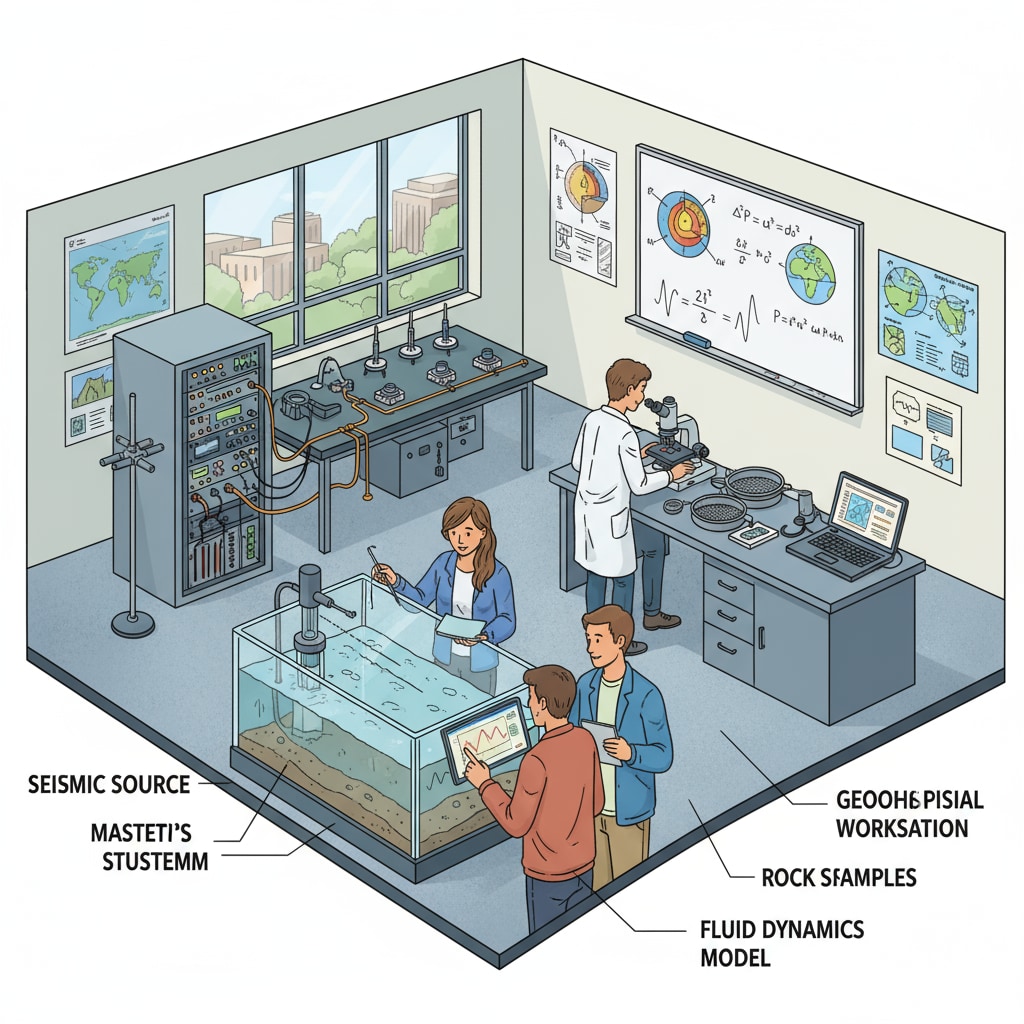Geophysics, Second Master’s, and Employment Difficulties are the key concerns for many graduates in the field of earth sciences. When facing a tough job market, the idea of pursuing a second master’s degree can be both appealing and daunting. Let’s explore this complex decision – making process.

The Current State of the Geophysics Industry
The geophysics industry has its unique challenges. In recent years, the job market has become more competitive. The demand for geophysics professionals is influenced by various factors such as economic cycles, environmental regulations, and technological advancements. For example, Wikipedia’s page on Geophysics shows that changes in the energy sector, like the shift towards renewable energy sources, have altered the traditional demand for geophysicists in oil and gas exploration. As a result, many geophysics master’s graduates find themselves struggling to secure suitable positions.
The Pros of Pursuing a Second Master’s Degree
There are several advantages to obtaining a second master’s degree. Firstly, it can enhance your knowledge and skills in a specialized area. This added expertise can make you stand out in the job market. For instance, if you choose a second master’s in environmental geophysics, you’ll be better equipped to handle projects related to environmental monitoring and remediation. Secondly, a second degree can expand your professional network. You’ll meet new professors, researchers, and fellow students, which may lead to new job opportunities. According to Britannica’s entry on Geophysics, a broader network can open doors to different industries and research fields.

The Cons of Pursuing a Second Master’s Degree
However, there are also drawbacks. The most obvious one is the time and financial investment. A second master’s program typically takes one to two years to complete, during which you’ll have to pay tuition fees and may forgo potential income from a job. Additionally, there’s no guarantee that a second degree will immediately lead to better job prospects. The job market is still competitive, and other factors such as work experience and soft skills also play important roles.
Alternative Strategies
Instead of rushing into a second master’s degree, there are alternative strategies. You could gain practical work experience through internships or entry – level positions. This hands – on experience can be highly valuable and may give you a better understanding of the industry. Another option is to take online courses or earn certifications in relevant areas. These can enhance your skills without the long – term commitment of a second master’s program.
Readability guidance: This article has presented the complex decision of geophysics graduates considering a second master’s degree. By analyzing the industry state, pros and cons, and alternative strategies, it aims to help them make an informed choice. Using short paragraphs and clear headings, it’s easy to follow. Key information is provided with external references for further exploration.


